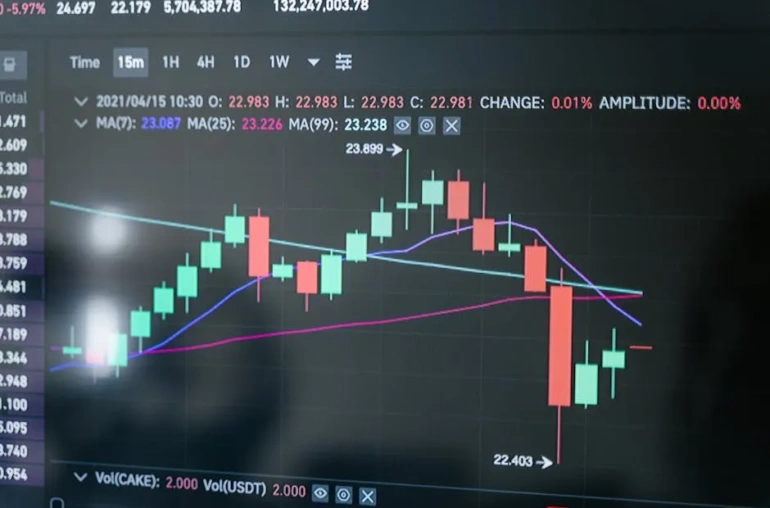
The Troubling Intersection of Bitcoin and Banking Stress
In recent weeks, the financial landscape has been rocked by renewed stress among regional banks, despite the reforms put in place after the 2023 banking crisis. Stocks of notable institutions like Zions and Western Alliance have taken a significant hit, prompting concerns across the market. Amidst this turmoil, Bitcoin has also felt the pressure, dropping to a four-month low, raising eyebrows and questions about its future stability.
Banking Woes: A Ripple Effect
The current situation for regional banks is precarious. Following the systemic reforms aimed at stabilizing the banking sector, it seems that the intended safeguards may not be holding up as expected. The declines in stock prices for banks such as Zions and Western Alliance signal a deeper issue, suggesting that investor confidence is wavering. These institutions are now grappling with a challenging environment, where liquidity concerns and rising interest rates are weighing heavily on their operations.
Bitcoin’s Decline: Coinciding with Banking Strain
As traditional banks face mounting pressures, Bitcoin, often viewed as a refuge during financial uncertainty, is simultaneously experiencing a downturn. The cryptocurrency has seen its value decline, which has raised concerns among investors and market analysts alike. The phrase “Bitcoin smells trouble” has been echoed by industry leaders, including the CEO of Strike, who believes that the correlation between the two sectors may not bode well for Bitcoin’s future.
Understanding the Market Dynamics
When examining the dynamics at play, it’s essential to consider how traditional financial markets influence the cryptocurrency landscape. The decline in Bitcoin’s value can be attributed to several factors, including the ongoing stress in the banking sector, rising yields on government bonds, and a general sense of uncertainty among investors. The term “yields are puking” reflects a market environment where rising yields are causing panic, leading to sell-offs across various asset classes, including cryptocurrencies.
What Does This Mean for Investors?
For investors, the current climate presents a complex puzzle. While Bitcoin has historically been seen as a hedge against traditional banking failures, its current decline suggests that it is not immune to broader economic pressures. Investors should remain vigilant, analyzing both the cryptocurrency market and the health of the banking sector as they make their investment decisions.
Conclusion: Navigating Uncertain Waters
As we move forward, the intersection of Bitcoin and banking stress will likely continue to evolve. The insights from leaders in the cryptocurrency field, such as the CEO of Strike, provide valuable perspectives on how these sectors interact. For those involved in investing, staying informed about the financial landscape and understanding the potential ramifications is crucial in navigating these uncertain waters.
In summary, while Bitcoin has always been a topic of interest in financial discussions, its current trajectory amidst banking uncertainties presents new challenges that both seasoned and novice investors must consider.



